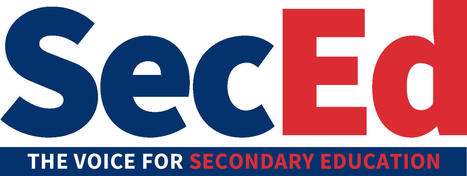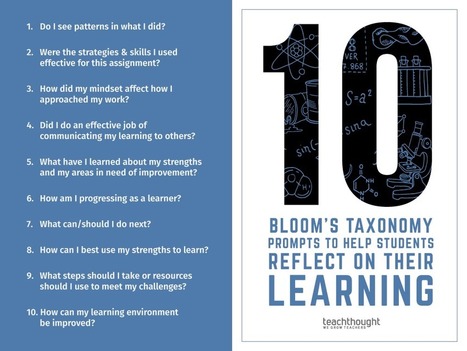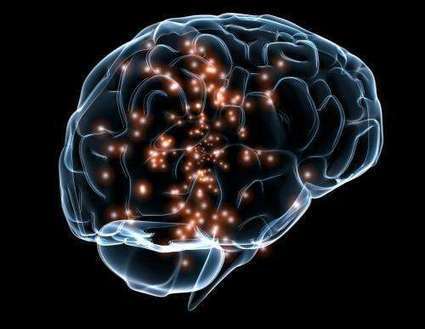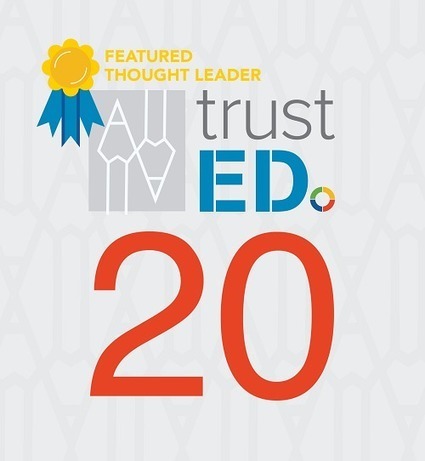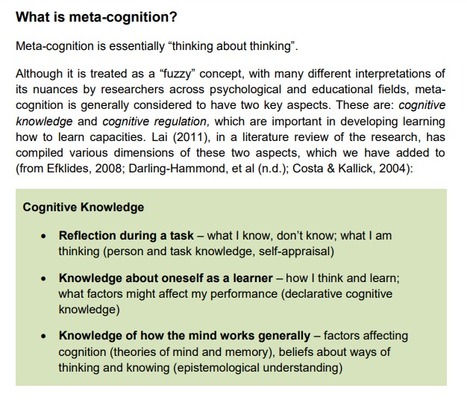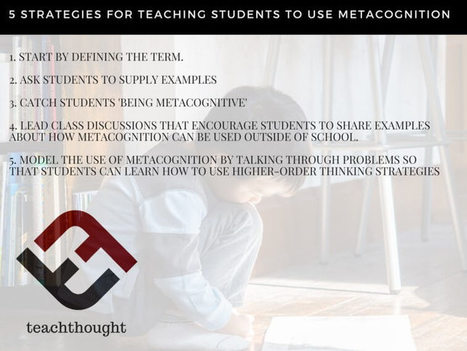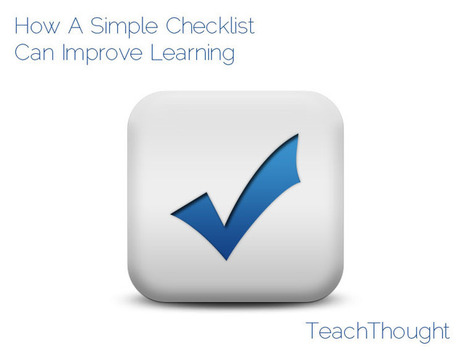Metacognition is awareness and understanding of one’s own thought processes. The ability to analyze one’s own thoughts that lead to statements like “I don’t know how to do this” and “I can’t do this” allows for students to take better control of the learning and to begin to apply the skills and knowledge they have to the situation. Often times, if we begin to ask the student questions about what he/she does know how to do, what skills he/she has that can be applied, the student is then able to begin to attend to the work. However, what has often happened in the past, is that the student has been unsuccessful in attempting to do something new, gotten a grade that felt “bad” and it has created a sense of anxiousness about being “bad” again and so it is easier to not try it than to be “bad”.
Carol Dweck’s concept of “Not Yet” has helped many educators rethink grading and the concept of grades as either “good” or “bad”. The power of the concept of not yet allows a student to be on a continuum to achieving “good” (learning) without the feeling of being “bad” (I failed again). The idea of allowing for mastery learning teaches students metacognition. Dweck’s focus is on rewarding the process of learning more than the learning itself which allows students to develop metacognition through repeated successful learning experiences.
Learn more / En savoir plus / Mehr erfahren:
http://www.scoop.it/t/21st-century-learning-and-teaching/?&tag=reflection
http://www.scoop.it/t/21st-century-learning-and-teaching/?&tag=Psychology
http://www.scoop.it/t/21st-century-learning-and-teaching/?&tag=Metacognition
http://globaleducationandsocialmedia.wordpress.com/2014/01/19/pkm-personal-professional-knowledge-management/
Via
Gust MEES



 Your new post is loading...
Your new post is loading...

